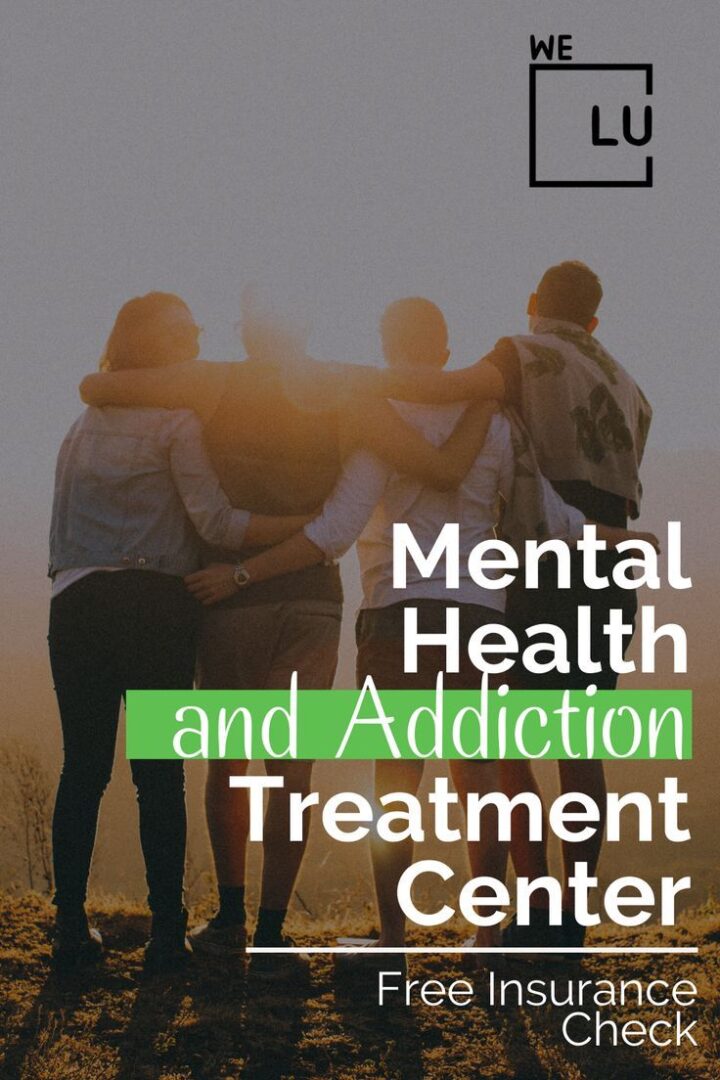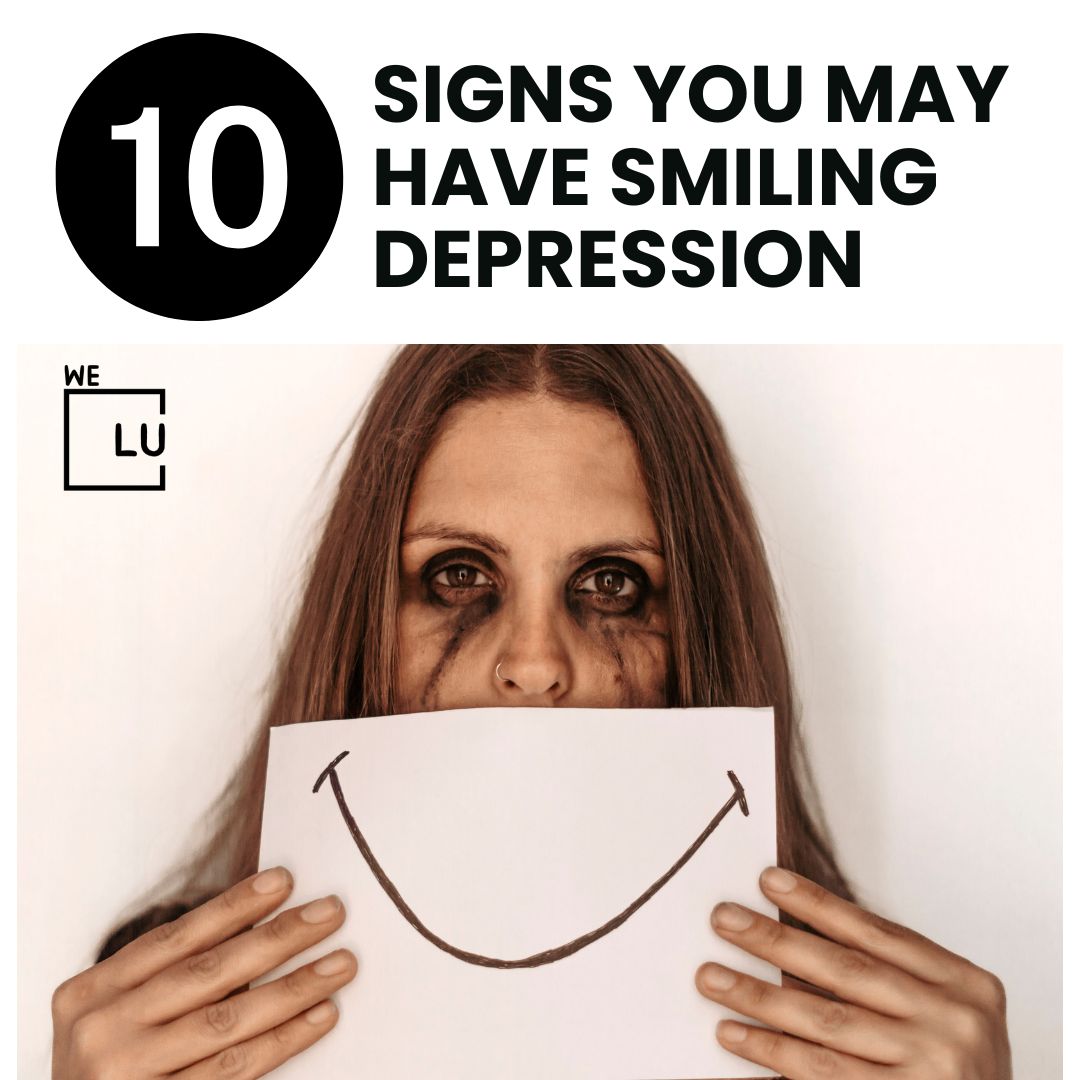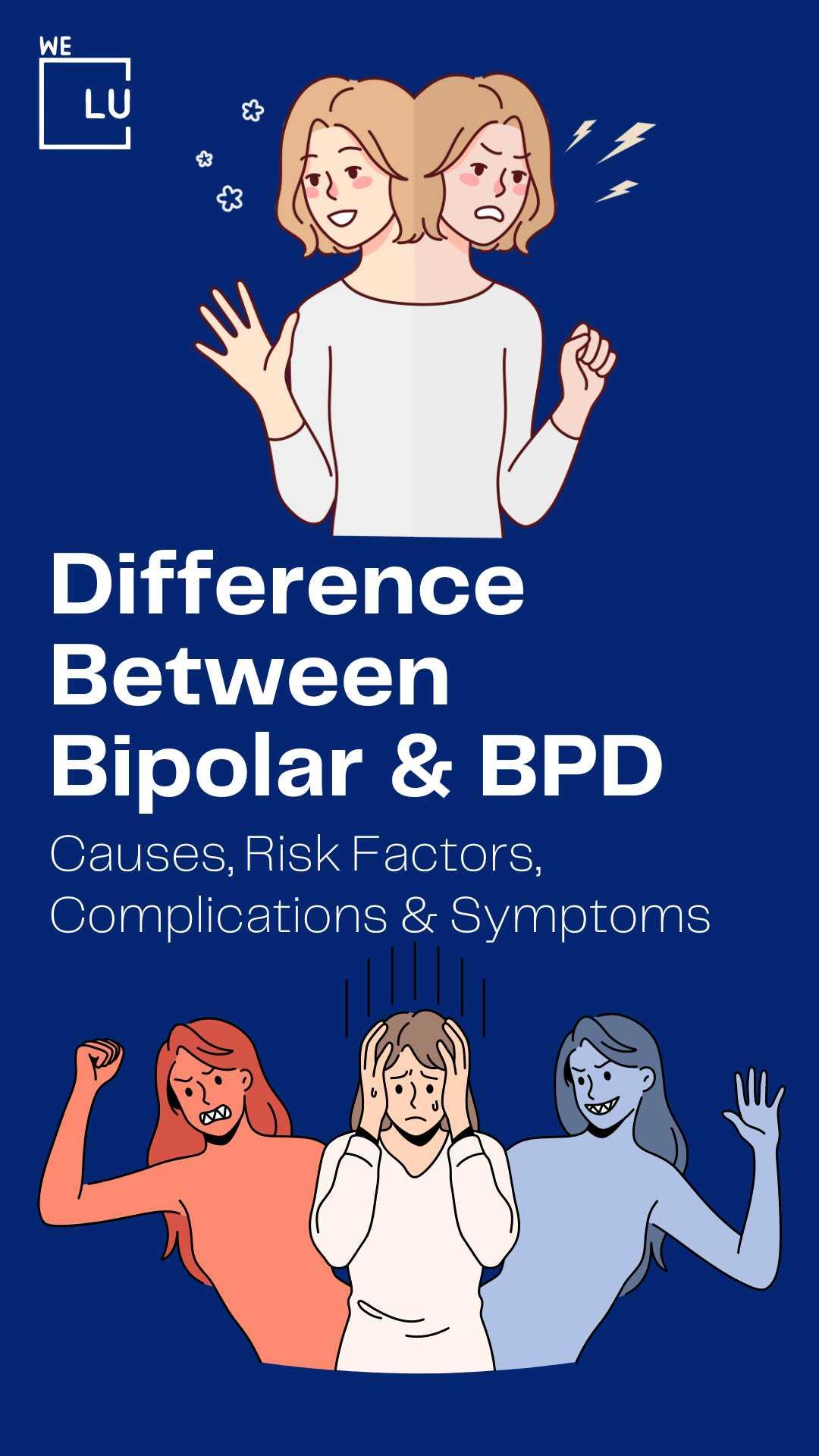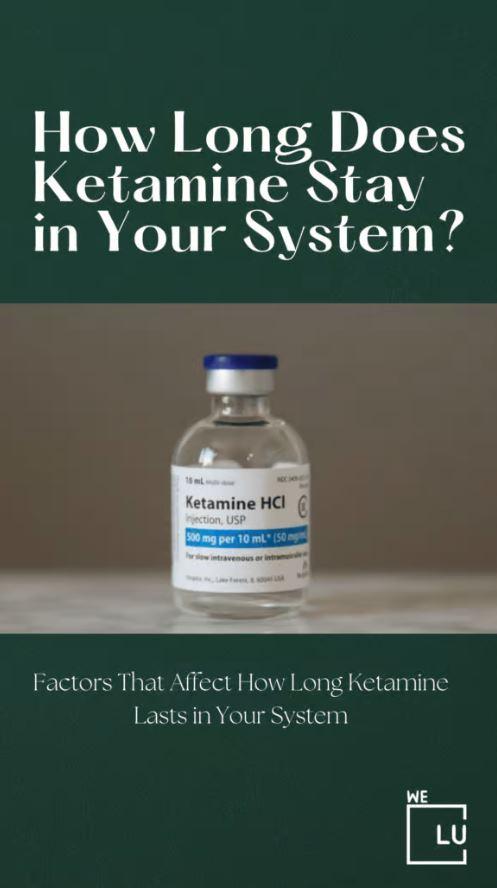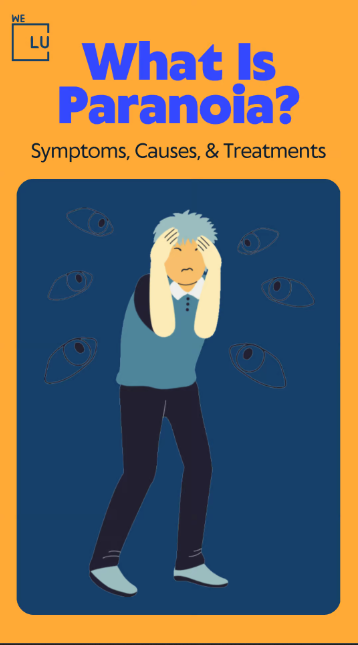How To Stop Anxiety After Drinking Alcohol?
Experiencing anxiety after drinking alcohol is a common concern for many individuals. While alcohol is often associated with relaxation, it can have varying effects on mental health, leading to heightened anxiety in some cases. Understanding how to manage and alleviate anxiety after drinking is essential for those seeking a more enjoyable and stress-free experience. In this article, we will explore practical tips to help you stop anxiety after consuming alcohol.
- Know Your Limits: Understanding your alcohol tolerance is crucial in preventing anxiety after drinking. Consuming alcohol beyond your capacity can result in an imbalance that triggers anxiety. Set clear limits for yourself and stick to them to promote a more controlled and comfortable drinking experience.
- Choose Your Drinks Wisely: Different types of alcoholic beverages can impact individuals in distinct ways. Opt for drinks with lower alcohol content and avoid those known for causing increased anxiety. Additionally, consider choosing beverages with fewer additives, as certain ingredients may exacerbate anxiety symptoms.
- Stay Hydrated: Dehydration can contribute to feelings of anxiety and discomfort. Counteract the dehydrating effects of alcohol by drinking water alongside your alcoholic beverages. Staying hydrated not only helps alleviate anxiety but also supports overall well-being.
- Pace Yourself: Sipping your drink slowly and pacing yourself can prevent rapid intoxication, reducing the likelihood of anxiety. Allow your body the necessary time to process the alcohol, giving you better control over its effects on your mental state.
- Eat Before Drinking: Consuming a balanced meal before drinking can help slow down the absorption of alcohol in your bloodstream. This, in turn, may mitigate the impact of alcohol on anxiety levels. Opt for foods rich in protein and complex carbohydrates for a more sustained and moderated drinking experience.
- Practice Mindfulness: Engaging in mindfulness techniques can be effective in managing anxiety after drinking. Deep breathing exercises, meditation, and staying present in the moment can help calm your mind and alleviate anxious thoughts. Consider incorporating these practices into your routine before and after drinking.
- Identify Triggers: Reflect on the situations or thoughts that tend to trigger anxiety after drinking. Identifying these triggers allows you to make informed decisions about your alcohol consumption and develop strategies to address specific anxiety-inducing factors.
- Seek Support: If anxiety persists or becomes a recurring issue after drinking, consider seeking support from friends, family, or mental health professionals. Discussing your concerns can provide valuable insights and guidance, helping you find effective coping mechanisms.
Stopping anxiety after drinking alcohol requires a combination of self-awareness, moderation, and proactive measures. By understanding your limits, choosing beverages wisely, and adopting healthy habits, you can create a more enjoyable and anxiety-free drinking experience. Remember that seeking professional support is always an option if anxiety becomes a persistent issue.
What is Anxiety?
Anxiety encompasses feelings of dread, fear, and uneasiness, often associated with worries about future events. This emotional state can manifest with physical symptoms like sweating, restlessness, and a rapid heartbeat. While occasional anxiety is a normal stress response, providing a helpful boost in coping with challenges, individuals with anxiety disorders face persistent and overwhelming fear.
Anxiety disorders are characterized by enduring anxiety that can worsen over time, significantly impacting daily activities such as work, academic performance, and relationships. The exact cause of anxiety remains unknown, with factors like brain biology, genetics, chemistry, stress, and the environment potentially playing roles.
It’s essential to distinguish anxiety from depression, where depression is characterized by a prolonged low mood lasting most of the day for at least two weeks. The spectrum of depression ranges from feeling down to experiencing thoughts of self-harm or suicide. Both anxiety and depression are complex conditions that may require professional intervention for effective management.
Alcohol and Anxiety Attacks
The co-occurrence of alcohol and anxiety problems is a prevalent issue that can bring about significant distress and hinder daily life functioning. The relationship between anxiety and alcohol abuse is often bidirectional, with each exacerbating the other. Alcoholism can intensify existing anxiety disorders or give rise to new anxiety symptoms. In contrast, pre-existing anxiety disorders may contribute to alcoholism, as some individuals resort to alcohol as an unhealthy coping mechanism.
Alcohol can alter levels of neurotransmitters like serotonin in the brain, potentially worsening anxiety. Post-alcohol consumption, there is a possibility of heightened anxiety levels, lasting for several hours or even an entire day. Relying on alcohol to cope with social anxiety disorder poses risks, particularly as social situations may become unbearable without it. Individuals with social anxiety disorder might turn to alcohol as a means of coping with social interactions, fostering a dependency that, in turn, exacerbates anxiety symptoms. Addressing both alcohol and anxiety-related issues is crucial for a comprehensive and practical approach to mental well-being.
Can Alcohol Cause Anxiety?
The enduring repercussions of alcohol abuse extend to a range of health issues, including mental health disorders. Studies indicate that individuals grappling with alcoholism may encounter challenges in recovering from traumatic events, primarily attributed to the transformative impact of alcohol abuse on brain activity.
Persistently heavy alcohol consumption can potentially predispose individuals to the development of anxiety disorders. It’s important to note that there is no evidence suggesting that moderate drinking leads to anxiety. The relationship between alcohol withdrawal and anxiety is significant, with increased anxiety serving as a notable symptom of alcohol withdrawal. Abruptly ceasing long-term, heavy alcohol consumption may intensify anxiety due to the side effects associated with alcohol withdrawal. Understanding these connections is crucial for addressing both alcohol-related issues and the potential development of anxiety disorders.
How Does Alcohol Worsen Anxiety?
Alcohol induces changes in serotonin levels and other neurotransmitters in the brain, potentially exacerbating anxiety. Post-alcohol consumption, individuals might experience heightened anxiety levels, leading to increased unease once the effects wear off. Prolonged and excessive alcohol consumption can alter brain chemistry, and even individuals initially considered healthy may develop anxiety disorders as a result of long-term use. The aftermath of alcohol-induced anxiety can persist for hours or an entire day after drinking, manifesting as a lingering jittery feeling and a racing heart that proves challenging to shake off. Understanding these dynamics is crucial for those navigating the complexities of alcohol-related anxiety.
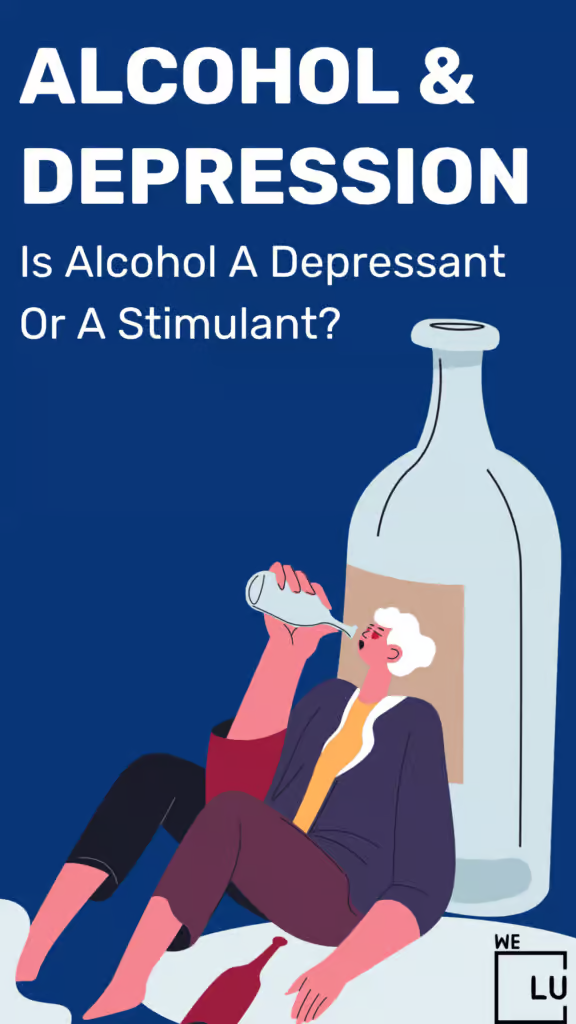
Skip To:
Learn More:
- How Alcohol and Depression are Linked? Abuse Signs & Causes
- Anxiety Treatment, Therapy, Medications, and Coping Tips
- Panic Attack vs Anxiety Attack, What’s the Difference?
- Social Anxiety Treatment, Symptoms, Causes, and Risk Factors
- Is Anxiety a Disability? Tips on How to Qualify for Benefits
- High Functioning Anxiety Symptoms, Causes, and Treatment
- Top 10 Tips on How to Reduce Anxiety Immediately
- Beta Blockers for Anxiety Benefits, Dangers, & Side Effects
- Separation Anxiety in Adults, Causes, Symptoms, & Treatment
- How to Calm Anxiety Attacks? Symptoms, Causes, & Treatment
Get Help. Get Better. Get Your Life Back.
Searching for Accredited Drug and Alcohol Rehab Centers Near You? We Level Up Texas Is Opening Soon!
Even if you have failed previously and relapsed, or are in the middle of a difficult crisis, we stand ready to support you. Our trusted behavioral health specialists will not give up on you. When you feel ready or just want someone to speak to about therapy alternatives to change your life call us. Even if we cannot assist you, we will lead you to wherever you can get support. There is no obligation. Call our network hotline today.
FREE Addiction Hotline – Call 24/7Anxiety and Alcohol Abuse
A significant portion of individuals grappling with alcohol-related issues also contend with substantial anxiety and mood problems. Behavioral research highlights that using alcohol as a coping mechanism for negative emotions is a robust predictor of both current and future challenges with alcohol. Neuroscientific investigations further underscore the interconnectedness of neurobiological systems and psychological processes in fostering the co-occurrence of negative affect and alcohol misuse.
Studies indicate that up to 50% of individuals undergoing treatment for problematic alcohol use concurrently meet diagnostic criteria for one or more anxiety disorders. This prevalence contrasts with the estimated 11% occurrence of current (within the past 12 months) anxiety disorders in the broader U.S. community. Regardless of the chronological order, whether an anxiety disorder precedes or follows an alcohol use disorder, having a diagnosis of either disorder may contribute to the emergence of the other. Understanding these intertwined dynamics is essential for a comprehensive approach to addressing both alcohol-related and anxiety-related challenges.


Get Your Life Back
Find Hope & Recovery. Get Safe Comfortable Detox, Addiction Rehab & Dual Diagnosis High-Quality Care.
FREE Addiction Hotline – Call 24/7How Does Drinking Alcohol Affect Anxiety?
Anxiety is a disorder that affects the central nervous system (CNS), triggering increased blood flow, an accelerated heart rate, and heightened brain activity. In situations of extreme anxiety requiring medical intervention, doctors often prescribe benzodiazepines, commonly known as benzos, as they act as central nervous system depressants. Interestingly, the effects that make benzodiazepines effective in treating anxiety are similar to the effects experienced with alcohol.
In cases where individuals cannot obtain a prescription for their Anxiety Disorder, whether the doctor deems it unnecessary or suggests trying alternative methods to manage anxiety, some may turn to alcohol. This is particularly common among individuals grappling with an anxiety disorder who either cannot afford therapy or feel reluctant to seek it.
While alcohol may provide temporary relief initially, the assistance it offers is short-lived and comes at a significant cost. According to the National Institute of Biotechnology Information (NCBI), both alcohol and benzodiazepines can induce anxiety, panic, and phobias, emphasizing the drawbacks of relying on alcohol as a coping mechanism for anxiety.
The Vicious Cycle of Alcohol and Anxiety
Individuals experiencing anxiety may believe that consuming a few drinks will help them relax. However, the reality is that drinking alcohol can exacerbate anxiety rather than alleviate it. The cycle typically unfolds as follows:
- The person consumes alcohol.
- Initially, they feel a sense of calm as the alcohol influences the brain.
- Anxiety emerges as a symptom of alcohol withdrawal during the body’s processing of the alcohol.
- The individual may be tempted to drink again in an attempt to alleviate their anxiety.
However, this only restarts the cycle. As the initial calming effect diminishes, anxiety may resurface after quitting drinking alcohol, intensifying as the effects wear off. It’s crucial to remember that increased alcohol consumption leads to greater tolerance over time. This escalating tolerance may necessitate consuming more alcohol to achieve the same calming effects, potentially negatively impacting mental health. Over time, this pattern may contribute to heightened levels of anxiety and depression after drinking.
The cycle becomes a self-perpetuating loop where anxiety may drive individuals to drink, worsening their anxiety, leading to increased alcohol consumption, and further exacerbating their anxiety. Breaking free from this perpetual cycle of alcohol and anxiety is essential for mental well-being.
Alcohol’s Anxiety Hangover
The term “hangxiety” is a blend of “hangover” and “anxiety,” describing the phenomenon where individuals experience the physical effects of alcohol, akin to a hangover (headache, stomach ache, tiredness, nausea, etc.), coupled with psychological uneasiness. It entails feeling “on edge” after a night of drinking and a pervasive sense that “something’s not right,” accompanied by paranoia or outright fear, with an inability to pinpoint the cause.
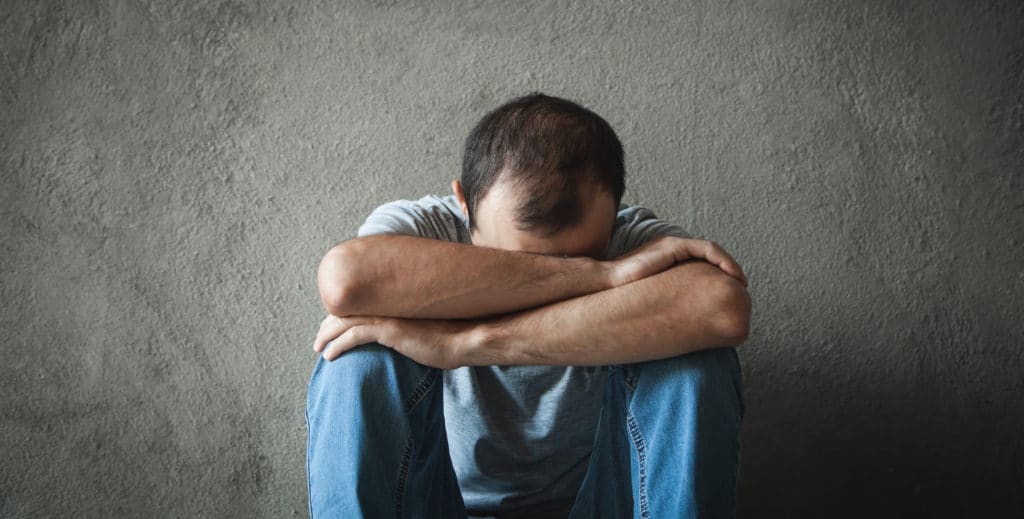
Hangxiety is a phenomenon that can occur occasionally or with regularity, and it is associated with various factors. The primary and apparent reason is often linked to a decrease in dopamine secretion, known as the “happy hormone.” Dopamine, produced by the brain, plays a crucial role in transmitting messages among nerve cells and regulating anxiety levels. Increased alcohol consumption results in a significant drop in dopamine, contributing to heightened feelings of anxiety.
Additionally, cortisol may contribute to the emergence of hangxiety. Unlike dopamine, cortisol is associated with carbohydrate regulation and can induce stress when produced excessively. Consuming excessive amounts of alcohol can lead to an overproduction of cortisol, consequently causing heightened stress and anxiety levels. Understanding these hormonal dynamics provides insights into the connection between alcohol intake and the subsequent experience of hangxiety.
Hangxiety Symptoms
The manifestations of hangxiety can differ from one individual to another, as is typical with various illnesses and disorders. Here are some commonly observed signs and symptoms of hangxiety:
- Fatigue
- Weakness
- Thirst
- Headache
- Muscle ache
- Nausea
- Stomach pain
- Vertigo
- Light and sound sensitivity
- Irritability
- Anxiety
- Paranoia
- Sweating
- Increased blood pressure
Opening Soon! First-Class Facilities & Amenities
World-Class High-Quality Addiction & Mental Health Rehabilitation Treatment
Coming Soon! Rehab Centers TourRenowned Addiction Centers. Serene Private Facilities. Inpatient Rehab Programs Vary.
FREE Addiction Hotline – Call 24/7Proven recovery success experience, backed by a Team with History of:
- 15+ Years Experience
- 100s of 5-Star Reviews
- 10K+ Recovery Successes
- Low Patient to Therapist Ratio
- Onsite Medical Detox Center
- Comprehensive Dual-Diagnosis Treatment
- Complimentary Family & Alumni Programs
- Coaching, Recovery & Personal Development Events
Link Between Anxiety Meds and Alcohol
Antidepressants are commonly prescribed by doctors as a primary medication for anxiety. They are believed to function by increasing specific neurotransmitters, such as serotonin, in the brain, influencing how a person feels. Combining alcohol with anxiety medication, including antidepressants, poses significant dangers. Problem drinkers are 1.5 times more likely to use both alcohol and anxiety medications, with a noteworthy association between problem drinking in women and the use of anxiety meds.
Antidepressants often fall into categories such as SSRIs (selective serotonin reuptake inhibitors), SNRIs (serotonin and norepinephrine reuptake inhibitors), and tricyclic antidepressants. SSRIs like Lexapro, Paxil, Zoloft, and Celexa are commonly prescribed for chronic anxiety. SNRIs such as Effexor and Cymbalta work to slow the breakdown of brain chemicals like serotonin and noradrenaline. Tricyclic antidepressants operate based on a three-ring chemical structure.
After taking prescription drugs designed to address diagnosable anxiety, some individuals casually consume alcohol without considering the crucial question of whether it’s safe to drink while on anxiety meds. While alcohol may temporarily dull anxious feelings due to its depressant effects, it does not address the root cause of anxiety. Once the alcohol’s effects diminish, anxiety resurfaces, often with heightened intensity. Individuals who regularly use alcohol as a coping mechanism for anxiety may experience increased anxiety as they anticipate the diminishing effects of alcohol.
Alcohol and Xanax
Combining alcohol and anxiety medications like Xanax can result in an intensified impact from both substances. While researchers haven’t fully elucidated the reasons behind this interaction, it is likely attributed to chemical interactions occurring between alcohol and anxiety medications, such as Xanax, within the body. A 2018 animal study suggested that ethanol, the primary component in alcoholic drinks, may elevate the maximum concentration of Xanax in the bloodstream. This elevation can lead to an augmented high, accompanied by intensified side effects. Additionally, the combination places increased strain on the liver, as it works harder to metabolize and break down both Xanax and alcohol within the body.
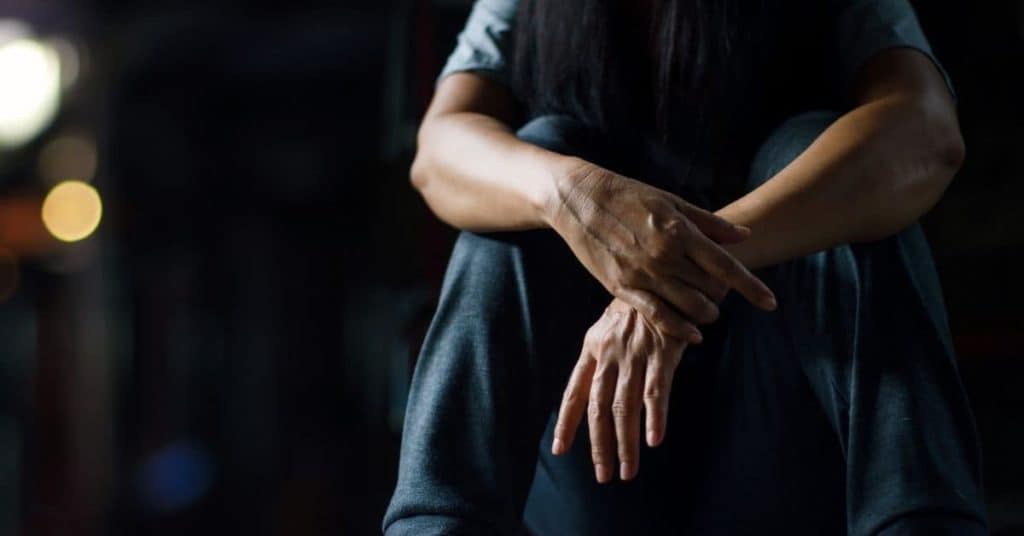
Both alcohol and anxiety medications like Xanax come with distinct sets of side effects that can significantly impact an individual’s behavior and mental state. Consequently, the simultaneous use of these two substances should be strictly avoided, as it can result in life-threatening effects. When Xanax is combined with alcohol, it has the potential to cause the cessation of the heartbeat, impair neural activity, or slow breathing to the extent of inducing respiratory failure, leading to permanent brain injury, coma, or even death.
Furthermore, the combination of alcohol and anxiety medications, including Xanax, elevates the risk of a Xanax overdose, which can manifest as respiratory depression, seizures, and potentially fatal outcomes. Excessive intake of both alcohol and anxiety meds like Xanax can cause profound relaxation and slowing of bodily functions to the point where the user experiences cardiac arrest or respiratory failure, culminating in a coma or death. It is crucial to be aware of the dangerous consequences of mixing anxiety medications with alcohol, including substances like Trazodone and Valium.
Opening Soon! World-class, Accredited, Anticipated 5-Star Reviewed, Effective Addiction & Mental Health Programs. Complete Behavioral Health Inpatient Rehab, Detox plus Co-occuring Disorders Therapy.
FREE Addiction Hotline – Call 24/7End the Addiction Pain. End the Emotional Rollercoaster. Get Your Life Back. Start Drug, Alcohol & Dual Diagnosis Mental Health Treatment Now. Get Free No-obligation Guidance by Substance Abuse Specialists Who Understand Addiction & Mental Health Recovery & Know How to Help.
Dual Diagnosis Treatment for Alcohol and Anxiety Problems
A strong correlation exists between mental health conditions, such as anxiety disorders, and alcohol abuse. Individuals grappling with mood disorders, like anxiety, are more vulnerable to developing a substance addiction, often resorting to drugs or alcohol as a means to self-medicate the symptoms of their underlying mental health condition. The presence of these co-occurring disorders can exacerbate each other if not addressed with appropriate treatment.
To ascertain the most effective approaches for addressing alcohol and anxiety issues, it is essential to undergo a precise assessment of all the symptoms. Once a mental health professional evaluates the symptoms, it may be determined that another type of mental condition is present, necessitating a specific form of treatment. Frequently, a combination of psychotherapy, medication, and/or lifestyle changes proves effective in managing these challenges and promoting functional well-being.
Medically-Assisted Detox
The initial phase of treatment, often referred to as detox, is crucial in guiding individuals through the intricate process of withdrawal. However, detox alone does not tackle the underlying patterns of thought and behavior contributing to substance abuse. To establish long-term sobriety after completing detox, various treatment approaches and settings are available to provide continuous support.
Cravings are a prevalent challenge during the detox process and can pose difficulties in overcoming substance dependence, often resulting in relapse. Inpatient treatment, with its consistent medical care, plays a vital role in preventing relapse. Clinicians in this setting can offer necessary medications and medical expertise to alleviate cravings and mitigate the effects of withdrawal, enhancing the overall effectiveness of the treatment process.
Psychotherapy for Depression and Anxiety
Various psychotherapy modalities have proven effective in treating depression, including:
- Cognitive Behavioral Therapy (CBT): This approach involves making changes in both negative thought patterns and behavioral routines that impact the daily life of individuals experiencing various forms of depression.
- Dialectical Behavioral Therapy (DBT): A comprehensive mental health and substance abuse treatment program with the primary goal of assisting patients in building a life worth living. DBT aims to help individuals develop a “clear mind.”
- Person-Centered Therapy: This strategy encourages clients to understand and address their concerns in a safe and supportive environment.
- Solution-Focused Therapy: This approach focuses on identifying and implementing solutions quickly, with a simple first step leading to further positive consequences.
Dual Diagnosis Treatment
The co-occurrence of substance abuse and mental health disorders is common, often linked to traumatic experiences. Dual diagnosis rehabilitation addresses both issues concurrently. The most effective approach involves an integrated system where both the substance abuse problem and the mental disorder are treated simultaneously. Whether the mental health or substance abuse problem emerged first, long-term recovery is dependent on comprehensive treatment for both disorders by the same team or provider.
Medication-Assisted Treatments
Medication-assisted treatments (MAT) are commonly employed for both substance use disorders and mental health issues, utilizing medications and medical procedures. In rehabilitation, the staff helps individuals identify the root causes of addiction, teaching skills to change behavior patterns and challenge negative thoughts. Substance dependence often arises as a coping mechanism for life’s pressures and problems. For instance, someone with a Xanax addiction might consume a significant number of pills daily, leading to withdrawal symptoms like anxiety, restlessness, insomnia, and tremors when attempting to stop. Tolerance and withdrawal indicate addiction. If you or a loved one faces persistent alcohol and anxiety challenges, contact We Level Up Texas for information on dual diagnosis and detox programs tailored to specific needs.

Top 10 Tips on How to Reduce Anxiety Immediately
Start a New Life
Begin with a free call to an addiction & behavioral health treatment advisor. Learn more about our dual-diagnosis programs. The We Level Up treatment center network delivers recovery programs that vary by each treatment facility. Call to learn more.
- Personalized Care
- Caring Accountable Staff
- World-class Amenities
- Licensed & Accredited
- Renowned w/ 100s 5-Star Reviews
We’ll Call You
Sources:
[1] How To Stop Anxiety After Drinking Alcohol NIH – https://medlineplus.gov/anxiety.html
[2] How To Stop Anxiety After Drinking Alcohol WHO – https://www.who.int/news-room/fact-sheets/detail/depression
[3] How To Stop Anxiety After Drinking Alcohol NCBI – https://www.ncbi.nlm.nih.gov/pmc/articles/PMC1295099/
[4] How To Stop Anxiety After Drinking Alcohol NCBI – https://www.ncbi.nlm.nih.gov/pmc/articles/PMC3860396/
(5) How To Stop Anxiety After Drinking Alcohol Acute alcohol sensitivity. (2015).
https://rarediseases.info.nih.gov/diseases/12634/acute-alcohol-sensitivity
(6) How To Stop Anxiety After Drinking Alcohol Buckner JD, et al. (2016). Social anxiety and alcohol-related impairment: The mediational impact of solitary drinking.
https://www.sciencedirect.com/science/article/abs/pii/S0306460316300429?via%3Dihub
(7) How To Stop Anxiety After Drinking Alcohol Dietary guidelines for alcohol. (2020).
https://www.cdc.gov/alcohol/fact-sheets/moderate-drinking.htm
(8) How To Stop Anxiety After Drinking Alcohol Goldstein JL, et al. (2015). Gastrointestinal injury associated with NSAID use: A case study and review of risk factors and preventative strategies.
https://www.dovepress.com/gastrointestinal-injury-associated-with-nsaid-use-a-case-study-and-rev-peer-reviewed-fulltext-article-DHPS
(9) How To Stop Anxiety After Drinking Alcohol Hangovers. (2021).
https://www.niaaa.nih.gov/publications/brochures-and-fact-sheets/hangovers
(10) How To Stop Anxiety After Drinking Alcohol Marsh B, et al (2019). Shyness, alcohol use disorders and ‘hangxiety’: A naturalistic study of social drinkers.
https://www.sciencedirect.com/science/article/abs/pii/S0191886918305762?via%3Dihub

